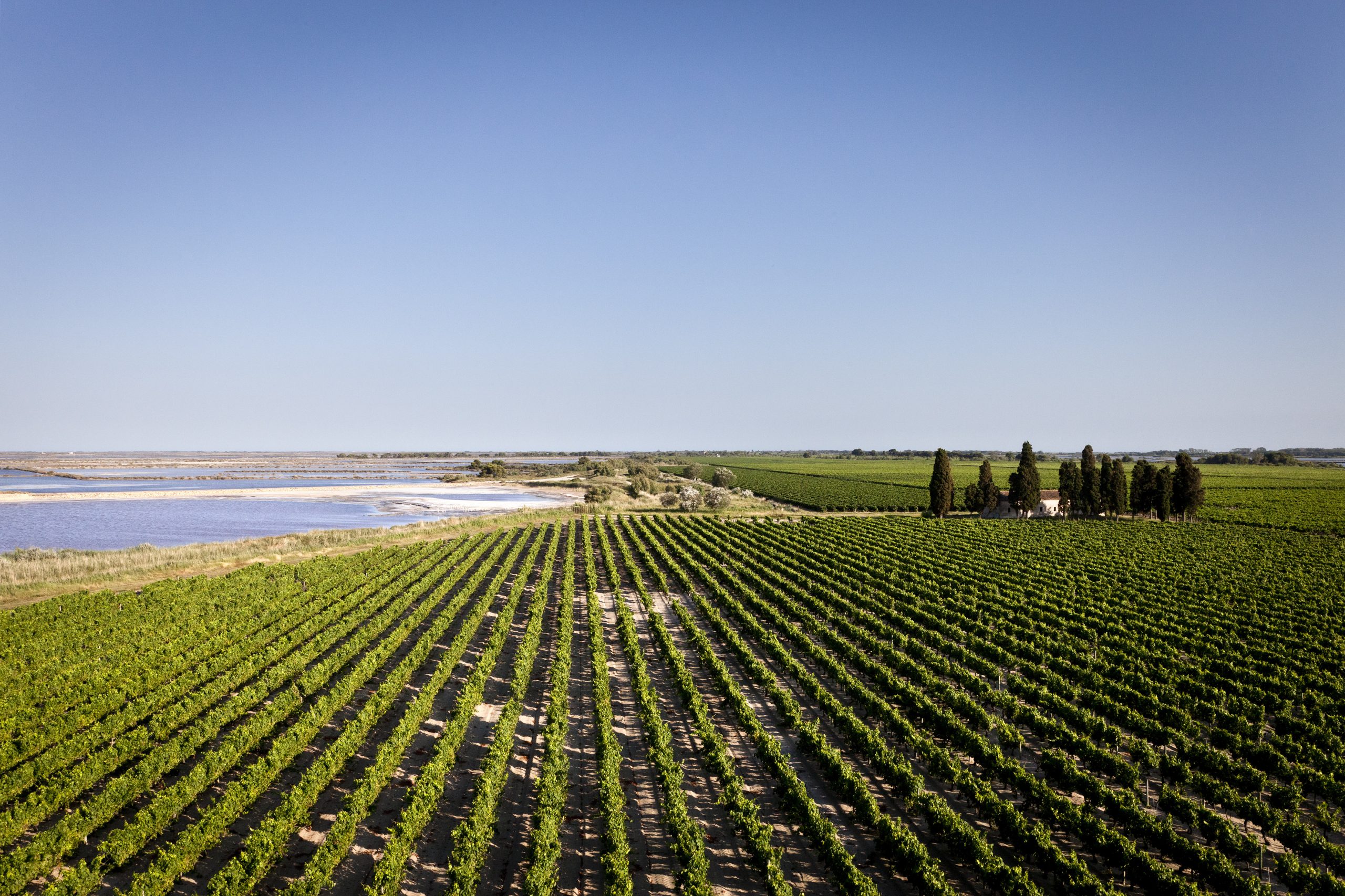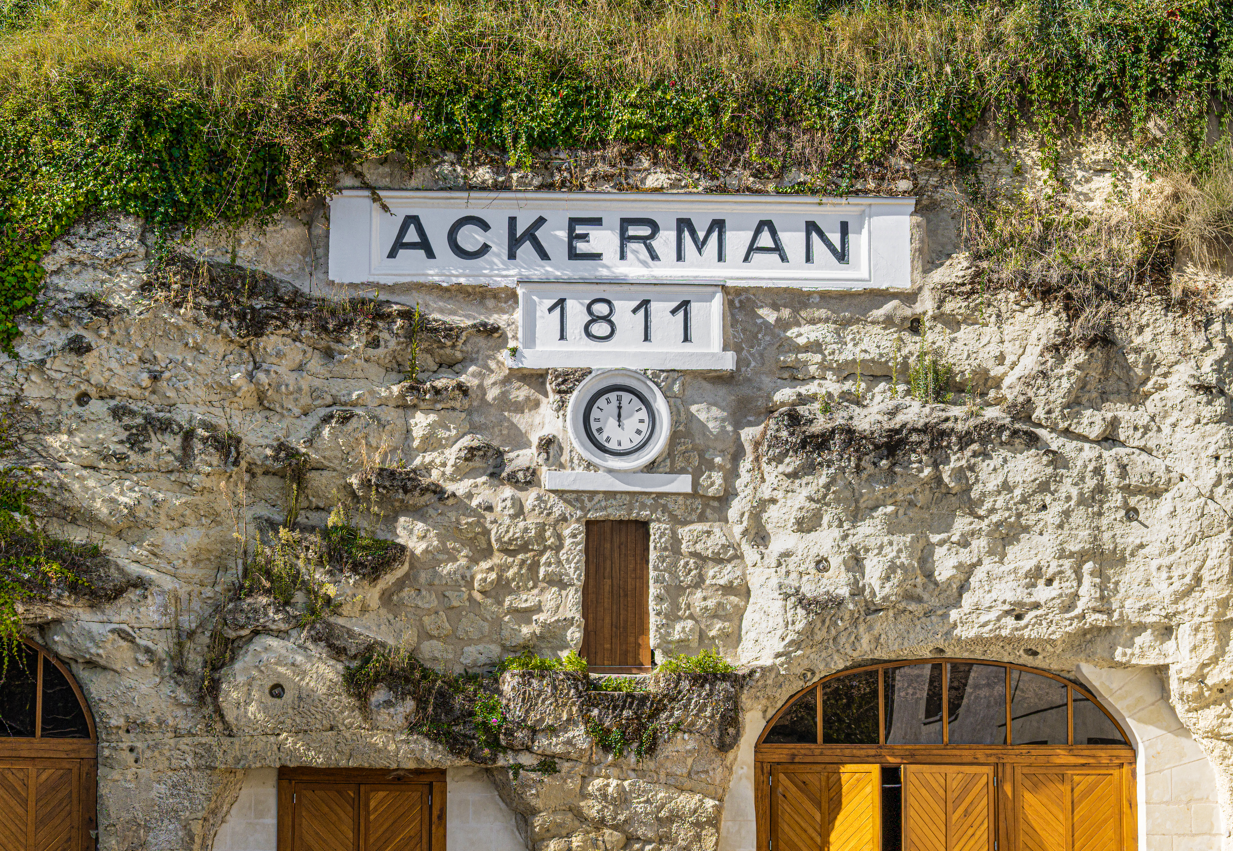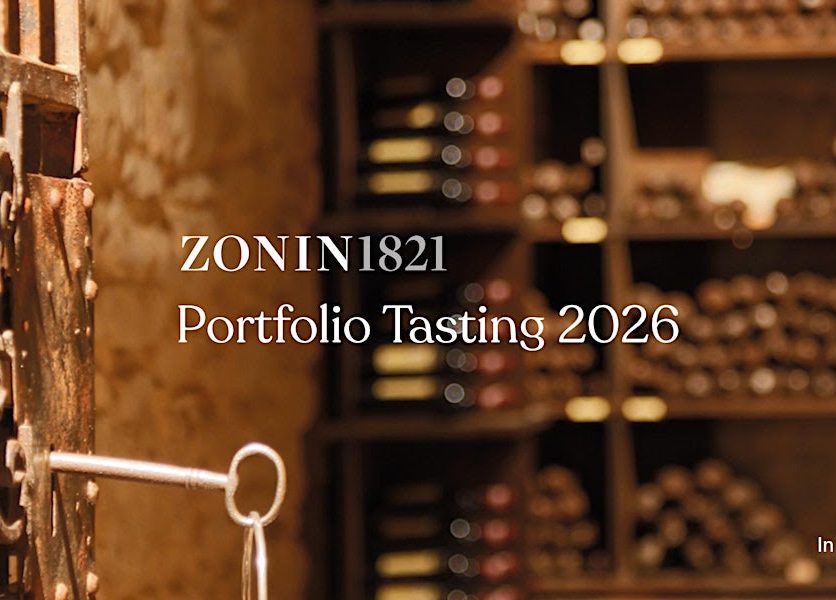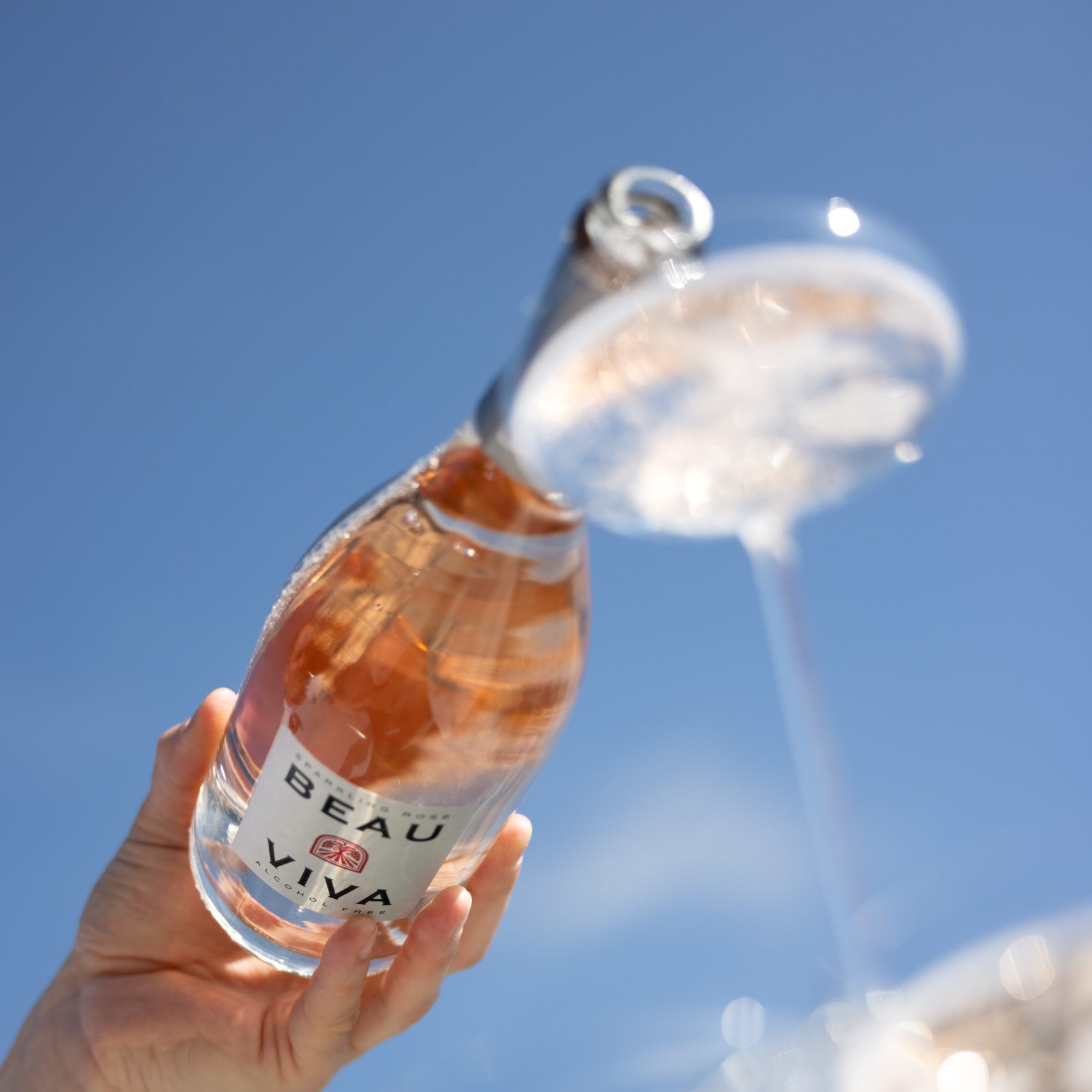Three reasons why the UK Government should compensate the hospitality sector
A report released this week has highlighted three reasons why the UK Government should compensate the hospitality sector for losses incurred during the coronavirus pandemic.
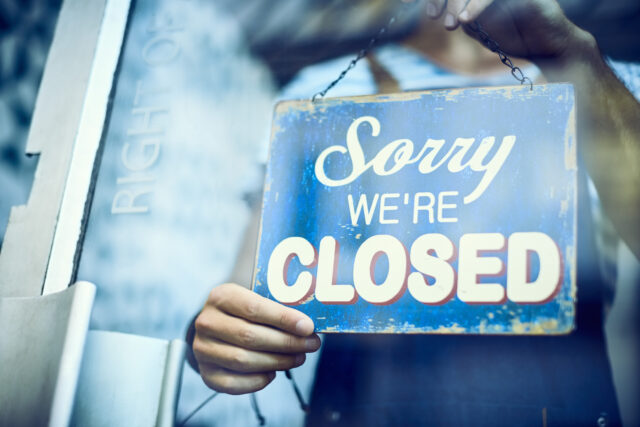
Taking a view of the past 10 months, the report, which has been compiled by the Independent Business Network (IBN), describes a “litany of entirely avoidable crises” that have beset the hospitality sector during the pandemic.
Called A strategy to save Britain’s hospitality and high street economy, the work says that much of the “turmoil” suffered by bars, pubs and restaurants “can be attributed to government mismanagement”, and, as a result, it states that, “the government must ensure that it makes recompense”.
Indeed, without such compensatory actions, which db has outlined in a previous article amount to a £35bn package, the hospitality industry faces “irreparable damage”, which, it stresses, threatens the futures of three million people employed in the sector.
Below are the three reasons why pubs, bars and restaurants deserve recompense from the UK Government according to the IBN.
Insurance
The report states:
In March 2020, as cases in the UK began to rise for the first time, the Government delayed in declaring Covid-19 a “notifiable” disease, leading to serious strife with many pubs unable to make insurance claims until this declaration has been made.
This incompetence was then exacerbated when the Government began demanding that consumers avoided pubs, bars and restaurants but did so without making it a legal requirement for these venues to close.
On the 16th March, Boris Johnson urged people to stay away from hospitality venues. It was not until the 20th that pubs and bars were instructed to pull down the shutters.
This caused a 47% year-on-year drop in footfall, even before the first lockdown was actually announced. It was described as a “passive aggressive lockdown” that left businesses “no recourse to insurance”.
It is now clear that the government had not considered the insurance implications for the static hospitality sector at all. A level of naivety seemed to have overwhelmed the government and a large part of their initial lockdown policy incorrectly assumed that insurance companies would pick up the tab.
The crisis that pubs and landlords have faced with insurance firms shows that this was not the case.
As it stands, insurance policies worth £1.2 billion have been contested in the Supreme Court by the FCA. This uncertainty, and chaos is a far cry from the sureness with which the government approached the matter in mid-March: “There are concerns about the impact on pubs, clubs, theatres and other hospitality, leisure and retail venues. Let me confirm that, for those businesses which do have a policy that covers pandemics, the Government’s action is sufficient and will allow businesses to make an insurance claim against their policy.” – Rishi Sunak, 17 March.
At the time, the government acknowledged that there would only be a small number of hospitality sector businesses able to make a viable insurance claim against a pandemic. However, rather than introduce tailor-made and targeted measures for the remaining hospitality businesses, it merely pointed them in the direction of the government’s one-size-fits-all offerings.
The 10pm curfew
The report states:
The debacle over the introduction of a 10pm curfew is perhaps totemic of the knee-jerk approach to the covid-19 pandemic. It is now widely recognised that the government introduced this measure with “no hard evidence” in the words of Patrick Vallance, without having consulted with SAGE, and with little consideration to the crowds which invariably ensued after closing time. The crowded scenes outside of London tube stations were of course a failure of health policy. From an economic perspective, the curfew was found to have cost pubs just shy of £50 million per week owing to reduced capacity service time. The curfew lasted in this form from 24 September until 5 November – a total of 6 weeks.
This means that simply by enforcing a 10pm curfew rather than allowing pubs to stay open until their usual closing time, £285,138,090 was senselessly taken out of the hands of the pub sector for no discernible public health advantage.
The damage of this ruling was revealed by the fact that, if it had been allowed to continue into 2021, the curfew could have cost the UK £7bn.
The loss of Christmas custom
The report states:
Partner Content
The cancellation of the Christmas holiday trading period snatched away from many pubs and businesses a vital period of trading. For many, during the dark days on the November lockdown, it was the prospects of the Christmas period which offered a saving grace.
Once they were ordered to remain locked down, however, the static hospitality sector lost its one ray of light. It had already been anticipated that the sector’s December trading would be 90% lower than in previous years, and that £650 million would be lost through depressed sales.
The last-minute U-turn, which sentenced swathes of businesses across the south of England into Tier 3, also came with a substantial cost for thousands of landlords and managers who had ordered stock in advance of this period of trading.
The result was that millions of pounds worth of food was wasted, and that employees were given just 48-hours’ notice that their services would no longer be required.
The emotional and financial toll which this will have placed on the shoulders of thousands has yet to be quantified, but there should be no doubt that community venues will have been massively scarred by the prevarication.
And finally… reasons for a £690m rebate
A key priority for those businesses in the hospitality sector, the report’s authors argue, is the introduction of a rebate for the safety equipment purchased on mass by pubs and restaurants.
The IBN argues that in many cases these investments “were made on the basis of the tenor of the Government’s announcements at the start of the initial lockdown that, once the spread of the virus had been curtailed, the hospitality sector would reopen”.
Instead, the report states, “the end of the first lockdown merely heralded a period of further Government-led confusion and sporadic convulsions back into lockdown”. It continues, “Venues had made significant investments on the basis of misleading and inaccurate Government advice for equipment that was largely redundant.”
Acording to the IBN, the compensation rate for these venues should be set at a maximum of £10,000 per individual pub and restaurant, with provision made for a potential 69,000 claimants.
In total, this rebate programme would cost £690m.
Commenting on the publication of the report, chairman of the Independent Business Network, John Longworth, said:
“Successive draconian lockdowns imposed by central Government have decimated our hospitality and high street retail sectors to the extent that many are facing the looming prospect of financial oblivion and, in some cases, irreversible decline. The travesty is that much of this damage was entirely avoidable and was a by-product of poor leadership and an ill-informed effort on the part of Government to get to grips with the virus.
“For weeks during the first lockdown the Government gave those operating in the hospitality industry the false impression that an end to lockdown would bring with it a slow but gradual return to normality. As a consequence of the Government’s messaging, pub landlords and restaurant owners the length and breadth of the country invested in expensive PPE and other equipment to ensure social distancing and prevent the spread of the virus only to discover that, in fact, the sector would be plunged once again into closure and their equipment investment rendered redundant. In many cases the level of investment exceeded £10,000. Of course it’s right, therefore, that the Government should step-in to provide compensation to these businesses.
“A further example came last March, as cases in the UK began to rise for the first time, the Government delayed declaring Covid-19 a “notifiable” disease, which led to many pubs and restaurants unable to make insurance claims until this declaration has been made.”
Read more
HERE ARE THE REAL COSTS OF COVID RESTRICTIONS ON UK HOSPITALITY AND HOW TO SAVE THE SECTOR

